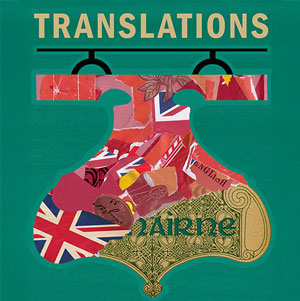
 Somewhat Recommended ** “Anonymous Killers” is a bloodthirsty and vile movie, contrived to reveal the monstrous side of humanity. The story is a study of evil, buttressed by countless ways of inflicting pain, death, and suffering. Written and directed by A. R. Hilton, the movie is rife with killings, stabbings, beatings, murders, rapes, physical and psychological torture, sexual violence, and you name it. Although horror is not my type of film genre, the underlying tale is thought-provoking.
Somewhat Recommended ** “Anonymous Killers” is a bloodthirsty and vile movie, contrived to reveal the monstrous side of humanity. The story is a study of evil, buttressed by countless ways of inflicting pain, death, and suffering. Written and directed by A. R. Hilton, the movie is rife with killings, stabbings, beatings, murders, rapes, physical and psychological torture, sexual violence, and you name it. Although horror is not my type of film genre, the underlying tale is thought-provoking.
Emoramus (Nathanyael Grey) is a demented and powerful master of sadism. He appears to be either the Devil incarnate or some other demon. He has bound and tortured five unrelated individuals, seated before him, and he interrogates each of them as a group in—what appears to be—purgatory. As opposed to being “voted off the island”, each of the five victims is ordered to press a button on their chairs to give another torture victim either freedom or death, that is, only after that person tells their entire story to the group as to why they are a killer.
The disparate stories related by Curtis (Kevin Glikmann), Lucy (Gabriela Lopez), Romero (Dominic Pace), Marlene (Natassia Halabi), and Amadu (Patrick Caberty) reminded me of Thornton Wilder’s book “The Bridge of San Luis Rey.” In that story, five people are doomed to die when a bridge suddenly collapses. But why these five people? Is it a mere coincidence? Why, for some reason, do human beings seek to develop a connection between events that seem to be totally unrelated? In the novel, Brother Juniper struggles to make sense of the accident and wonders whether this was a justified act of God. But in “Anonymous Killers”, it is no accident that these five people are brought together: It is the justified act of the demon. He personifies viciousness and cruelty throughout this trial for these people’s souls.
A bizarre type of moralism and social justice envelopes the entire presentation, such that violent thoughts and acts demonstrate the existence of Original Sin. Killing is in our human DNA. Via flashbacks of life stories, we witness those who kill for a reason, kill for the hell of it, kill to satisfy an inner bloodlust, and kill just because…. Emoramus’s goal is not to have each of his victims expiate their sins, but rather, he is there to prove a point: that there are fundamental types of people, each having a different relationship with evil. Some may start out as being good and decent—others not so much—but it is by virtue of their various life circumstances that they become cold, callous, and ruthless. Then there are those who are born evil to the core and who know nothing else. Evil does not become an addiction: It is already inbred. These are people who Emoramus describes as being like himself. They try to disguise their evil nature by pretending to be good and trustworthy, and they work to ingratiate themselves with others. In general, human beings are deluded by external appearances and thus cannot immediately discern those who embody pure evil. Consequently, society at-large initially fails to notice when reprobates insert themselves into positions of authority and influence, making it very difficult to root out corruption.
As we are bound by the limits of our individual experiences living our lives on earth, we fail to see the larger picture of life and death and predetermination and free will over the course of eternity. So how can we adequately judge others about their acts of violence? How can we ourselves be adequately judged by God or the Devil for a fate that we may have no direct control over? Since none of us can never totally be rid of our dark side, the question then becomes whether our ultimate fate is determined by how much we struggle against evil and against ourselves. We’d like to think we are angels—and we’d like to tell our children that they are our angels—but how can flawed human beings ever truly be?
In the end, the message to the audience is that we must guard against evil as best as we can but understand that we cannot avoid it entirely. It must be contained or rooted out and destroyed. We must watch out for it in all its forms, especially among those who are wolves in sheep’s clothing and who prey upon the rest of us.
The technical work that went into the making of this film is extraordinary. Most impressive are the sound design and mix by Ken S. Polk and the music by Panco Burgo-Goizueta. Credit must also go to costume designer Desi Aguilar, editor  John Fourie, director of photography Bob Nguyen, and the head make-up artist Stacy Hummell for all the grimy and gruesome effects.
John Fourie, director of photography Bob Nguyen, and the head make-up artist Stacy Hummell for all the grimy and gruesome effects.
This film is disturbing on a lot of levels. If you are prone to getting nightmares after watching a scary movie, then you need to avoid this one. Once again, everybody has their own taste in genre. If you like horror and slasher films, you are sure to enjoy this one. The story is well-executed.
“Anonymous Killers” is a production of Amirah Films and is available for streaming on Vimeo. It premiered with a limited “Theater at Home” experience in October and was shown on November 6, 2020 at the ChiTown Movies located at 2343 S. Throop, in Chicago, as a one-time event, featuring the cast and a prerecorded question and answer session.
For the link to the official trailer, please go to: https://www.youtube.com/watch?v=TspwgHtnaJ4







More Stories
“Translations”
“The Firebugs” reviewed by Julia W. Rath
“The Book of Grace” Al Bresloff with another from Paul LIsnek